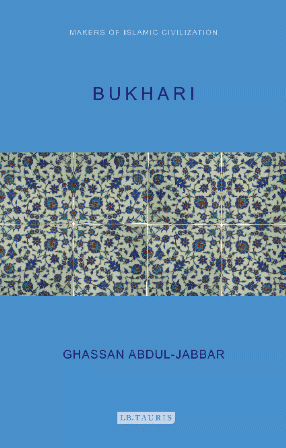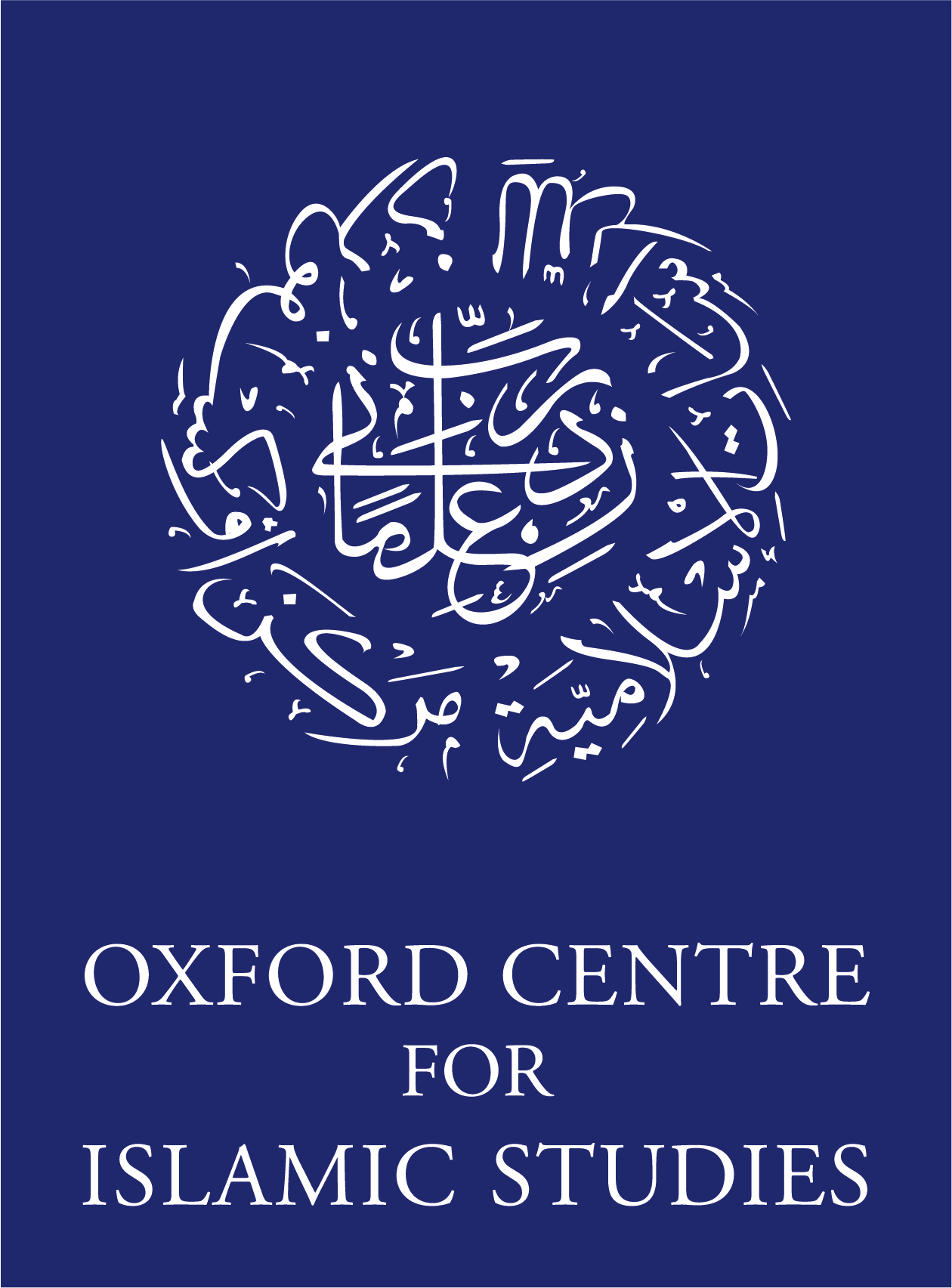Bukhari
Bukhari (d. 256/870) is famed throughout the Islamic world as the greatest practitioner in the field of hadith—textual reports of what the Prophet said, did or approved. Bukhari's magnum opus, the Sahih, is, after the Qurʾan, the most widely revered book in Islam. It is a compilation of the soundest of sound hadiths. The Prophet's way (Sunna) is understood by Muslims as embodying both the ideal and practical reality of what the Qurʾan enjoins. Accordingly, much of the edifice of rules and norms of the Islamic way of life is constructed around the hadith.
Most people read the Sahih as a transparent medium through which they can 'hear the Prophet speak'. In reality, Bukhari's work is a highly sophisticated argument about how hadiths are verified, what meaning and authority they carry, and how far the practice of the Prophet can be securely derived from them. When Bukhari wrote the Sahih, these were not settled questions. The book appeared at a turning-point in the history of Islamic scholarship, and helped determine its future direction.
In this remarkably lucid essay, addressed to the non-specialist, the author disentangles Bukhari's subtle handling and arrangement of his material, explaining how far his approach to questions about textual authenticity and authority differed from his predecessors and contemporaries. These questions, of abiding concern in all societies, have a particular relevance and urgency for modern Islamic scholarship.
Bukhari was published in 2007.
Author
Ghassan Abdul-Jabbar is a specialist in hadith studies. He did his PhD at the University of Chicago and then post-doctoral research at Oxford University. He now works in Lahore University as well as travelling extensively as an Islamic teacher in the classic peripatetic style alluded to in this book.

